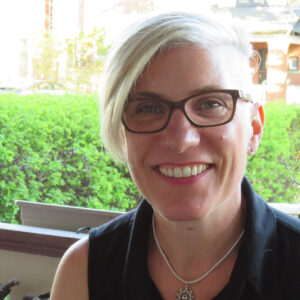Originally published in TEACH Magazine, May/June 2019 Issue
By Christine L. Cho and Julie K. Corkett
The idea of travel evokes excitement for some and trepidation for others. A successful trip usually involves some degree of planning, as well as the ability to manage expectations and deal with the unknown. Earlier this year, as university teacher education professors, we ran a three-week community leadership experience (CLE) for sixteen soon-to-be teachers enrolled in our Bachelor of Education program.
The purpose of offering a CLE is to provide opportunities for teacher candidates to apply their teaching skills in a self-directed, non-traditional community setting to broaden their practical knowledge. Our teacher candidates were about to embark not only on a professional journey, but also an actual journey, to teach abroad. Our destination—France!
Christine L. Cho, PhD, is a Professor at Nipissing University’s Schulich School of Education. A practicing visual artist and a former elementary school teacher, Christine utilizes visual media and critical pedagogy to expand upon diverse ways of knowing. Her research contributes to current educational conversations on racial, ethnic, linguistic, and LGBTQ+ representation in schools.
Julie K. Corkett is currently a tenured Associate Professor at the Schulich School of Education. She has also worked as an intermediate and high school teacher.


